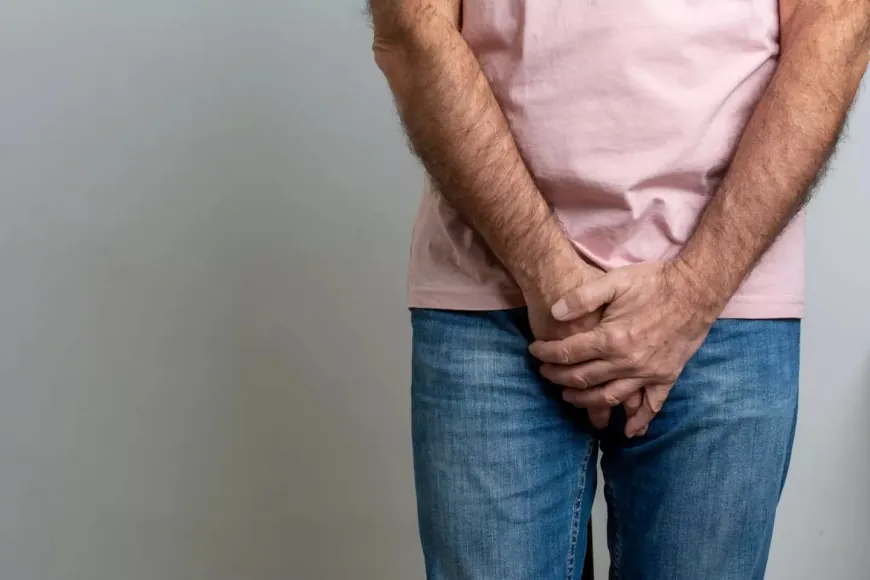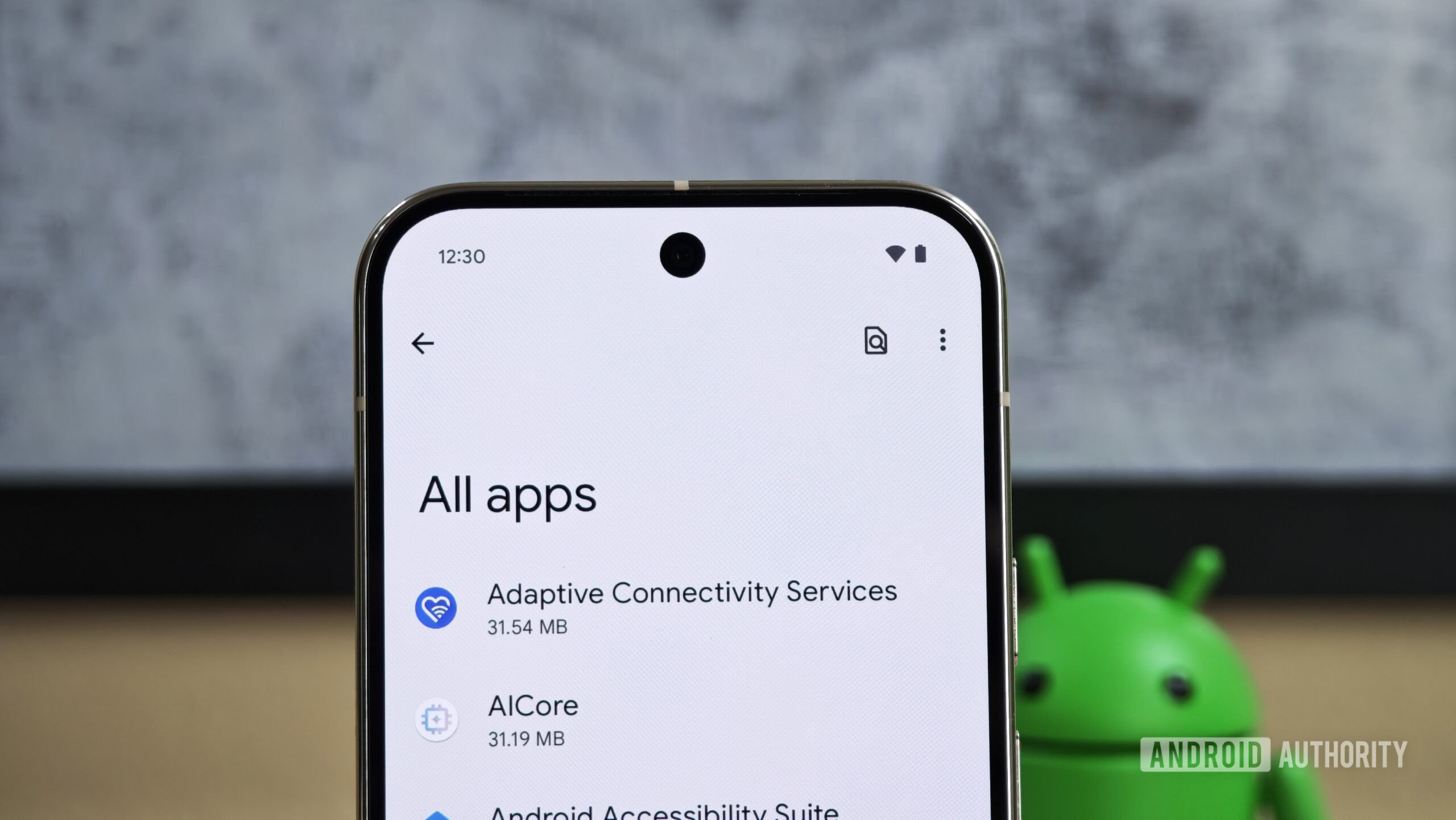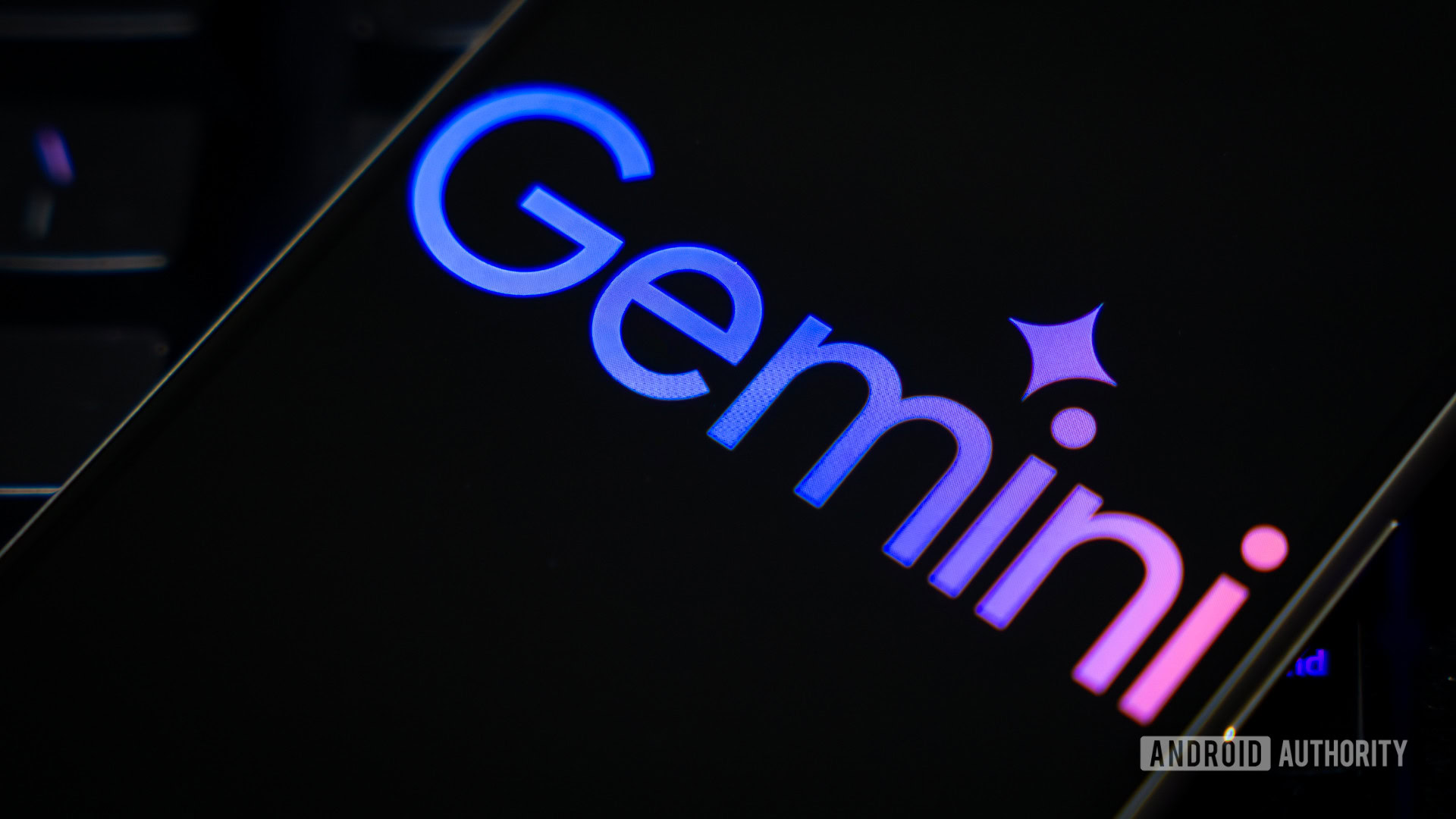Rediscover Yourself: Peyronie's Management

Peyronie's Disease Treatment in Dubai is a condition that affects men, leading to the development of fibrous scar tissue in the penis, causing curved, painful erections. It can impact not only physical health but also emotional well-being, relationships, and overall quality of life. Managing Peyronie's disease is crucial for those affected, and in Dubai, various treatment options are available to help men rediscover their sexual health and confidence.
Understanding Peyronie's Disease
Peyronie's disease is characterized by the formation of plaques, or fibrous tissue, in the tunica albuginea, the tissue surrounding the erectile chambers of the penis. The exact cause of Peyronie’s disease is not fully understood, but it may result from trauma to the penis, genetic predisposition, or certain medical conditions, such as diabetes or Dupuytren's contracture. Symptoms typically include a significant curve in the penis during erection, pain, erectile dysfunction, and, in some cases, a decrease in penis size.
The condition often leads to psychological distress, as men may feel embarrassed or anxious about their sexual performance. This emotional burden can be as challenging as the physical symptoms themselves, making effective management essential.
Diagnosis and Evaluation
Diagnosing Peyronie's disease begins with a thorough medical history and physical examination by a qualified urologist. During the examination, the doctor will assess the curvature, any plaque formation, and the extent of the condition. In some cases, additional imaging tests, such as ultrasound, may be necessary to evaluate the severity of the disease.
Once a diagnosis is confirmed, the urologist will discuss treatment options tailored to the individual's needs and the stage of the disease. Early diagnosis and intervention can significantly improve treatment outcomes.
Treatment Options for Peyronie's Disease in Dubai
Peyronie's disease treatment in Dubai is varied, with options ranging from non-invasive therapies to surgical interventions. The choice of treatment depends on the severity of the condition, the duration of symptoms, and the patient’s overall health.
Non-Surgical Treatments
-
Medications: Oral medications, such as pentoxifylline, can help reduce plaque size and improve blood flow. In some cases, injections of verapamil or interferon directly into the plaque may also be effective.
-
Vacuum Erection Devices (VED): These devices create a vacuum that draws blood into the penis, promoting erections. While VEDs are primarily used to treat erectile dysfunction, they may also help reduce curvature over time.
-
Traction Therapy: Penile traction devices have been shown to effectively reduce penile curvature and improve length by applying consistent, gentle stretching to the penis.
Surgical Treatments
If non-surgical options are ineffective or the disease is advanced, surgical intervention may be necessary. Surgical options include:
-
Nesbit Procedure: This technique involves removing or plicating (folding) the tissue opposite the plaque to straighten the penis. It's a common choice for men with significant curvature.
-
Plaque Incision and Grafting: In this procedure, the plaque is incised, and a graft is placed to help straighten the penis. This option is typically reserved for cases where there is severe curvature.
-
Penile Prosthesis: In cases where erectile dysfunction is severe and other treatments have failed, a penile prosthesis may be implanted. This option allows for erections but does not address the curvature directly.
Psychological Support
In addition to medical treatment, psychological support plays a vital role in managing Peyronie's disease. Counseling or therapy can help men cope with the emotional challenges associated with the condition. Support groups can also provide valuable resources and a sense of community, allowing men to share their experiences and learn from others facing similar challenges.
Lifestyle Changes and Home Remedies
Alongside medical treatment, certain lifestyle changes and home remedies may support overall sexual health and well-being. These include:
-
Healthy Diet: Eating a balanced diet rich in fruits, vegetables, and whole grains can improve overall health and potentially reduce the progression of Peyronie’s disease.
-
Exercise: Regular physical activity promotes good blood circulation and overall well-being, which may be beneficial for men with Peyronie’s disease.
-
Avoiding Smoking and Excessive Alcohol: Smoking and excessive alcohol consumption can negatively impact erectile function and overall sexual health.
-
Communication: Open communication with partners about the condition can help reduce anxiety and strengthen relationships, making it easier to navigate challenges together.
Conclusion
Living with Peyronie’s disease can be challenging, but effective management is possible through a combination of medical treatment, psychological support, and lifestyle changes. For men in Dubai, a range of treatment options is available to address the physical and emotional aspects of this condition. By seeking help and exploring the various management strategies, individuals can reclaim their sexual health and confidence, ultimately rediscovering themselves. Don’t hesitate to reach out to a qualified urologist to discuss your symptoms and find the best treatment plan tailored to your needs. Remember, you are not alone, and support is available to help you on your journey to recovery.
Tags:
What's Your Reaction?
 Like
0
Like
0
 Dislike
0
Dislike
0
 Love
0
Love
0
 Funny
0
Funny
0
 Angry
0
Angry
0
 Sad
0
Sad
0
 Wow
0
Wow
0

























































